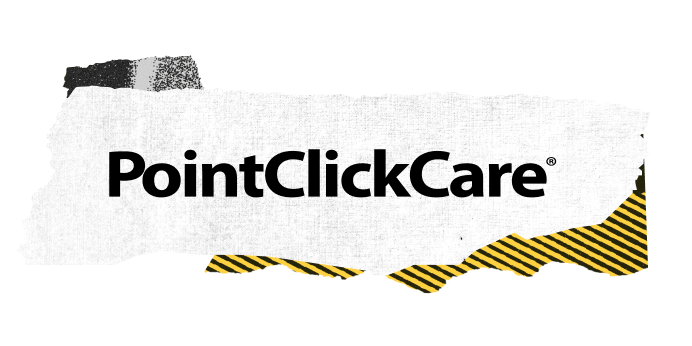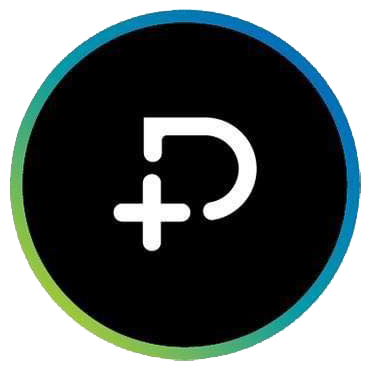Revolutionizing Talent Development with Degreed's Experiential Learning
Intense competition for workers makes hiring across Canada’s thriving tech sector challenging at organizations large and small, including PointClickCare. In addition, the company had several learning content and LMS systems, but getting into a course was difficult. Leaders needed to meet the high professional development expectations of top talent, and they sought new ways for people to drive their own, personalized learning in the flow of work. PointClickCare positioned Degreed as a springboard for all talent development by integrating more than a dozen learning technologies, HR systems and paid content providers — making it the company’s one and only front door to a connected learning tech ecosystem as well as the go-to destination for L&D metrics. Learning leaders were particularly drawn to Degreed Experiential Learning, which matches people who have the right skills — or want to build new ones — to on-the-job stretch assignments, gigs, projects, mentors and more.




RESULTS
New Mindset, New Skills
Boosting Both Talent Development and Retention
The appetite among employees for the accessible learning Degreed provides proved huge. In the first six months after the rollout, PointClickCare saw significant adoption with more than 1,200 active users, over 40,000 completed learning items and nearly 200 shared items. In a more recent quarter, people completed more than 26,000 learning items, logging over 8,200 hours of development, Plunkett said. “I consistently, month over month, have about 1,500 active users.” That’s more than 80% of the company.
Tying roles to skills paid off too, Plunkett said, noting learning leaders using Degreed dashboards quickly gained insights into the supply and demand for skills across the company — and now use that data to align workforce development with business objectives.
“We found some hidden gems where people had skills that were untapped,” Plunkett said. “In addition, we can now look at someone and say, ‘This person’s gone from this level and this skill to this level and this skill through interventions from their manager, coursework, development plans and more.’
“Anecdotally, and literally within the last month, three or four different people have moved to different departments,” she said, noting they might have otherwise left the company. “For example, we had someone in HR who was brilliant. She had her PMP [Project Management Professional certification], but it wasn’t really being leveraged in HR. A project management position came up in Marketing. She saw it, applied for it, and boom!”
Helping the company stay competitive, people embraced content on a wide range of topics, exploring leadership, communication and project management and technical skills including React, MySQL and Docker and Kubernetes. Importantly, people feel engaged in their development as they own and drive their learning, share recommendations and develop skills for current and future roles, said Kim Ferreira, VP of Talent Development. “This is truly an integrated talent and development tool.”
Degreed helped Sales Engineer Jeff Wright quickly put together a personalized learning plan, which he described as the hardest part of any self-improvement journey.
“I tend to overanalyze, especially self improvement things, to the point where it prevents me from getting started,” Wright said. “This helped me fast track that part of the journey.”
And Degreed has helped the company with recruitment, by positively shaping the PointClickCare employer brand, Plunkett said. “Part of our value proposition for recruitment that’s now baked in is how much we value and invest in each employee’s growth and development. We are about transparency. Growth is open to everyone.”
Opportunities Create Business Value
By integrating Degreed Experiential Learning with the company’s talent acquisition platform, PointClickCare tackled employee retention. Providing people full visibility into internal growthn opportunities through a continually updated talent marketplace “has been fantastic,” Plunkett said, because it reduces barriers to growth that cause people to leave.
“Just taking courses only gets you part of the way there, right?” she said. “But an opportunity lets you practice a skill and put it into actual application.”
In addition to showing people opportunities they already qualify for, Experiential Learning lets people compare their existing skills to those they might need. People love how this helps them advance their careers, which in turn builds business value, Plunkett said. “Every time we show people Degreed, I keep thinking that something else in the platform is going to be the thing that lights up their eyes. No, it’s the Opportunities tab.”
Mentoring Advances Talent
Matching people to experiential learning with mentors through an initiative L&D calls Skill Buddies has been particularly instrumental in advancing the goals of the organization.
“If a person wants to really work on a skill, we use Experiential Learning and the Skill Coach tool to pair that person up with someone who’s really strong in that skill,” Plunkett said, adding it’s been especially helpful in the advancement of women on Product and Engineering teams. “There was not even remotely close to equal representation between men and women. And it got worse as you went up in levels.”
So, how does this work? “A manager can look in Skill Coach and say, ‘All right, on my team I have someone who is a level 8 in Python and somebody who’s a level 3. I really want to bring up the skill level of that level 3 person,’” Plunkett said. “And you can have high performers really helping to cultivate some of your folks that might be at a lower-level skill. And nobody’s an 8 in every single skill. So you’re always going to have those opportunities to leverage people.”
To help women advance, senior leaders in Product and Engineering curated a Pathway on influential speaking, presenting to executives, executive presence and more. And then through Skill Buddies, “we looked at these women in tech that we’re mentoring to start some succession planning and really raise them up,” Plunkett said.
Moreover, she said, “we asked our chief people officer to start turning the dial up on the dialogue that leaders don’t own our talent, and that our senior leaders are actually accountable for developing organizational talent. We had not had those kinds of conversations before. That was helpful in opening up all of these opportunities in Degreed. That conversation started to permeate across the senior leaders — that they need to play an active role.”
“We found some hidden gems where people had skills that were untapped.” - Cindy Plunkett, Director of Learning Design and Development



